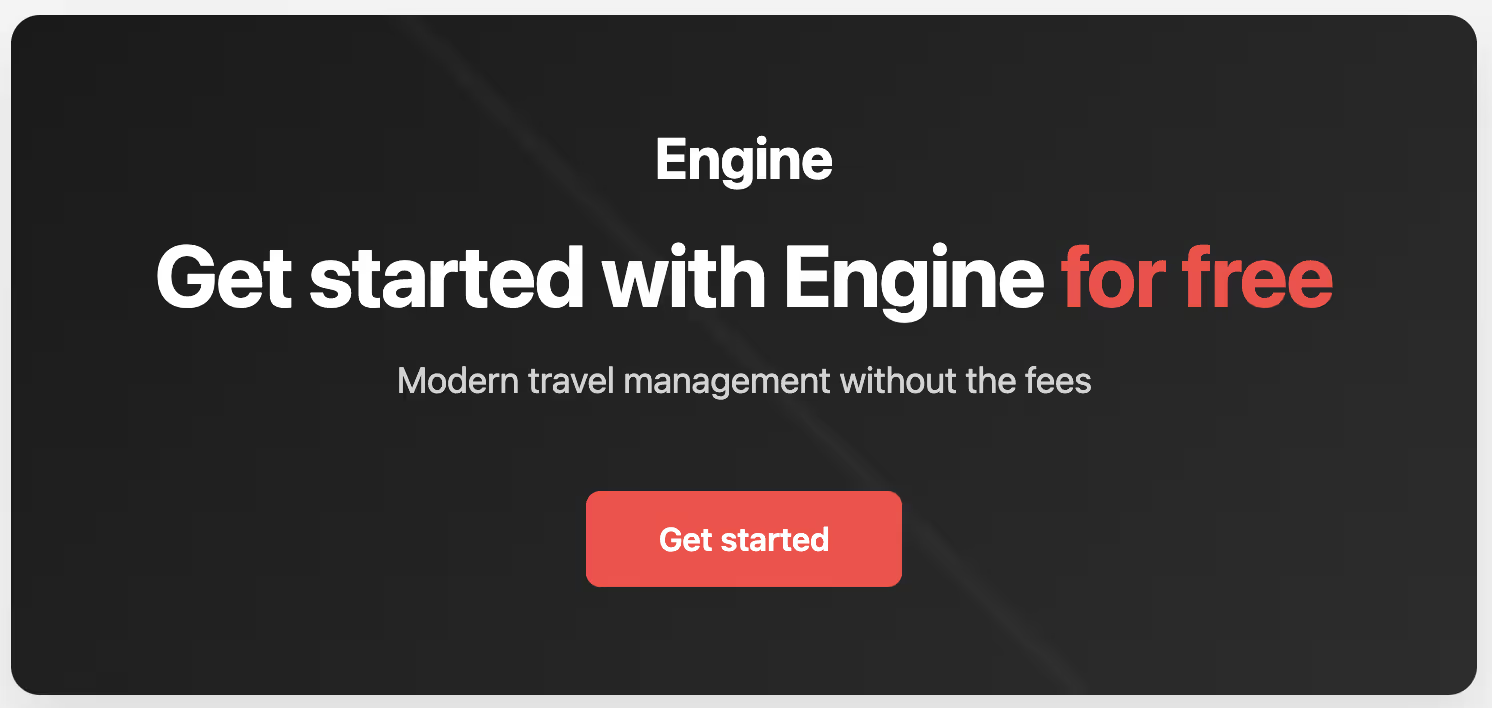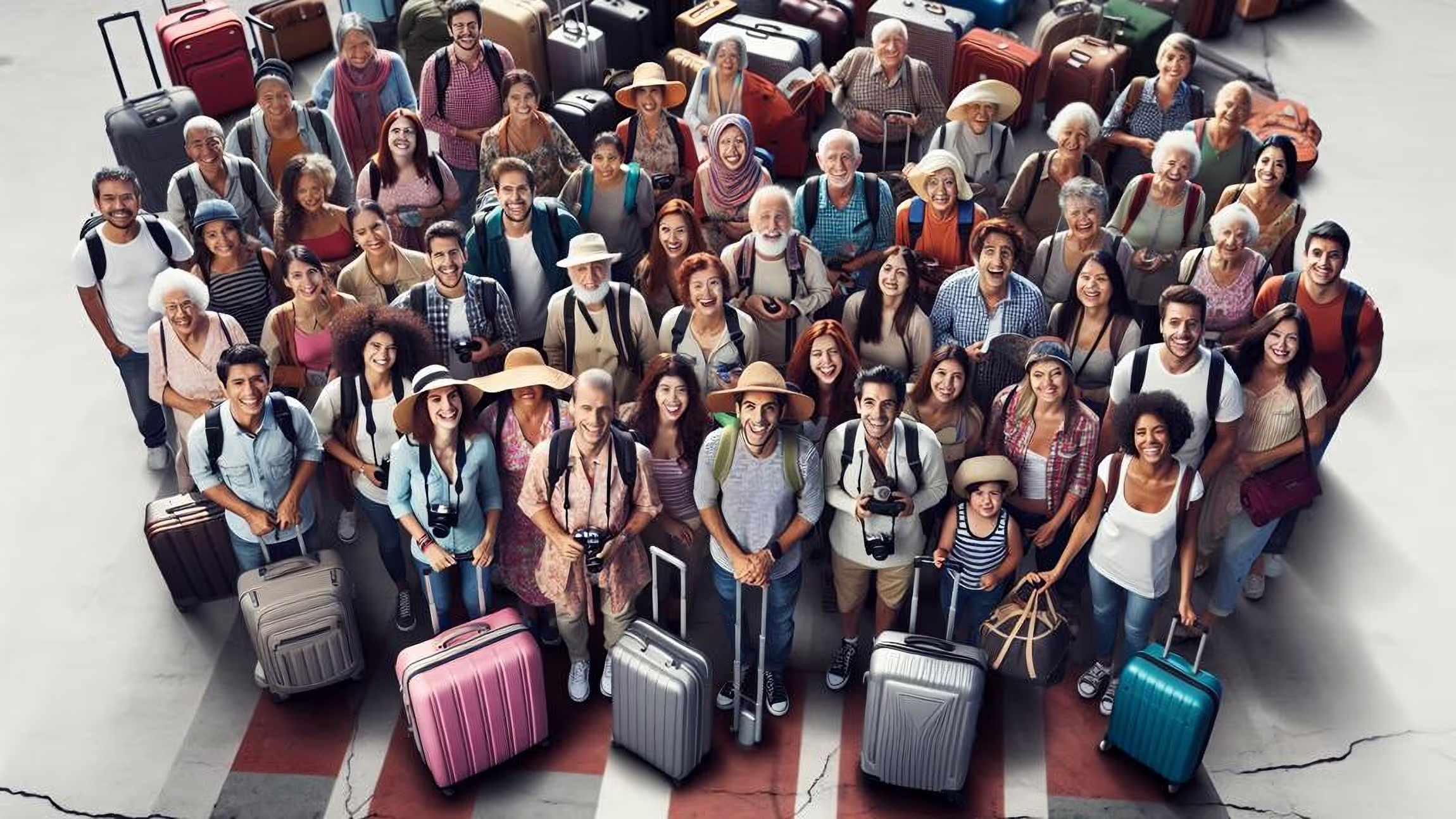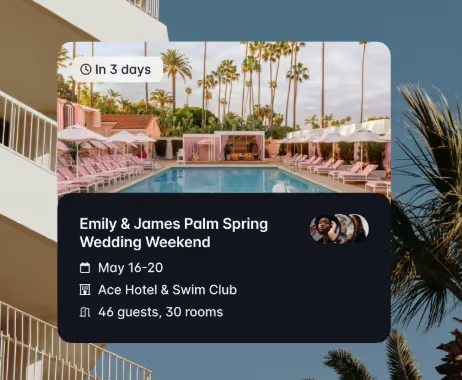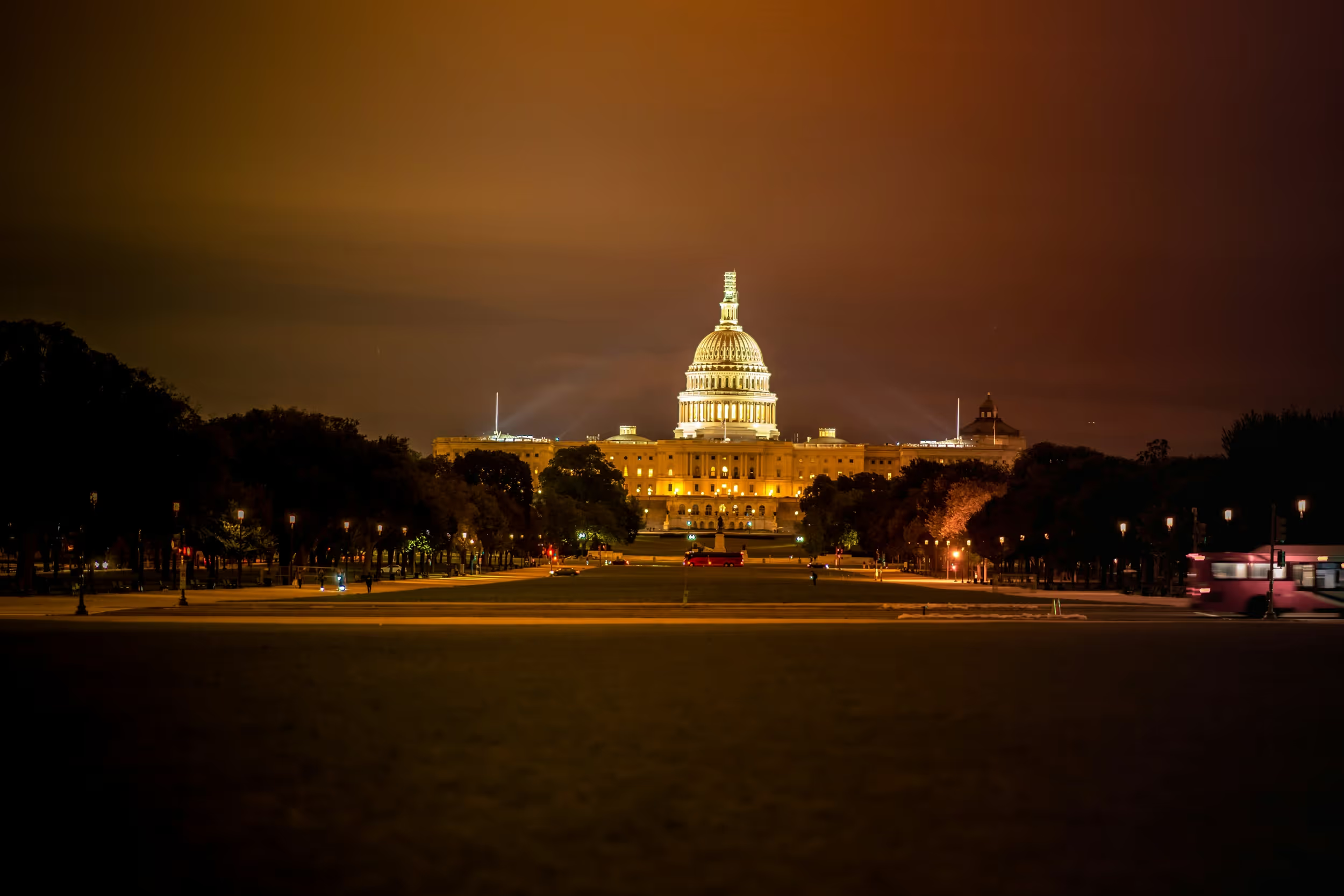How to Score the Best Group Flight Discounts

The Atlanta project needs 15 crew members by Monday morning, but individual flight prices just jumped from $400 to $650 per seat.
Your booking options are scattered across different airlines with different group minimums, different deadlines, and different rules. Meanwhile, you're calling group desks during business hours while trying to manage real project work.
That's $9,750 instead of $6,000 for the same seats. But the client expects crews ready to work Monday at 7 AM.
This playbook shows you exactly how to cut group flight costs and eliminate booking headaches using airline discount programs that work for crew project movements and training events.
How to Score the Best Group Flight Discounts
One wrong move in the booking process costs you hours of phone calls and hundreds in change fees. Here's how to handle each phase without the chaos that comes with moving 10+ people.
Build Your Group Size to Hit Discount Thresholds
Airlines start caring about your business at 10 passengers. Real discounts begin at 15. At 20+ crew members, airlines compete for your booking.
If you're sitting at 9 crew members, find a way to add that supervisor or specialist. The group discount often covers the extra seat cost. When planning multi-phase projects, consolidate crews from different job sites onto the same flights to hit higher discount tiers.
Document your annual crew travel volume, not just this project. Airlines value customers who bring predictable business throughout the year.
Time Your Booking Requests Strategically
Now that you know your group size advantage, timing your request correctly can maximize those savings.
Consider mid-week departures when possible. Many business travelers prefer Monday morning and Friday afternoon flights, potentially leaving airlines with more availability and negotiating room for flexible construction crews on Tuesday through Thursday.
Evaluate seasonal patterns for your specific routes. Airline pricing fluctuates based on demand cycles that vary by destination and industry travel patterns.
You can also request quotes for multiple date ranges to compare options. Don't lock yourself into one departure date immediately.
Ask for group rates across a 5-7 day window: "Quote us for departing March 10th through March 16th." This gives you actual pricing data to make informed decisions.
Consider Alternative Airports
Flying into Colorado Springs instead of Denver International might save $50-75 per seat for larger groups. Calculate ground transportation costs against flight savings. Sometimes a 90-minute bus ride beats expensive airport fees.
Secondary airports often offer better group rates because airlines need volume to justify the routes.
Consider Charter Options
For 30+ passengers, charter flights sometimes cost less than discounted commercial group rates, especially to smaller destinations.
Charter pricing makes sense when commercial airlines have limited availability or charge premium rates to your destination. Regional airports, oil field locations, and remote project sites often see charter savings.
Regional charter operators usually offer better rates than major charter companies for short-haul flights. Search for operators based at airports near your departure point; they avoid repositioning costs.
Calculate total costs honestly: Charter quotes include the entire aircraft, but add fuel surcharges, crew costs, catering, and ground handling fees. Compare the final all-in cost per passenger, not just the base charter rate.
Timing also affects charter pricing. Booking during off-peak seasons can deliver significant savings.
Commercial airlines often charge nearly the same for one-way and round-trip group tickets. Charter operators price each leg separately, so one-way charter + commercial return (or vice versa) sometimes beats both options.
Most charter operators require 2-3 hour minimum billing, making very short flights expensive per passenger. Charter works best for trips over 300 miles or to destinations with limited commercial service.
Ghost Seat Strategy
Hold extra capacity during the booking window, then release unused seats before the ticketing deadline.
This prevents last-minute crew additions without paying for empty seats when your equipment delivery determines final crew size.
Loyalty Stacking
Combine airline loyalty programs with Engine Rewards to earn points on both platforms while securing group rates.
Always compare group rates against individual refundable fares with change protection. Groups aren't always cheaper for smaller teams, but they simplify administration and provide unified contract terms.
5 Ways to Lose Your Group Discount
One booking mistake can cost more than your entire group discount savings. Here are the 5 errors that turn cost-effective crew travel into budget disasters:
1. Confirming Bookings Before Finalizing Crew Count: Projects shift, specialists get pulled to emergency jobs, and weather delays affect crew size. Lock in 15 seats when you need 18, and those three additional last-minute tickets cost $900 each instead of the $450 group rate. That's $1,350 straight out of project profit.
2. Overlooking Equipment Charges: Tool bag fees, safety equipment, and specialized gear add up fast when you're moving 15+ crew members. A tower maintenance crew's climbing gear alone can trigger $100+ overweight fees per person. That's $1,500+ in unexpected costs for the whole team.
3. Missing Name Change Deadlines: Your site foreman decides 48 hours before departure that the lead electrician needs to stay for another project, but the airline requires names 72 hours out. Without proper name substitution rights, you're buying a last-minute ticket at $900 when the original group seat cost $425.
4. Booking Non-refundable Fares Too Early. Weather delays and project shifts are staples in blue-collar work. Your booking strategy should account for this reality. For individual bookings, Engine's FlexPro protection covers changes without penalty fees, but group bookings follow standard airline contract terms.
5. Failing to Coordinate Ground Transportation. Book flights that arrive within a reasonable window and coordinate pickup logistics upfront. Crew members wandering around unfamiliar airports waste billable project time.
Protect Your Group Discounts When Plans Change
Group travel chaos can destroy your negotiated discounts. Weather delays projects, specialists get reassigned, and equipment deliveries shift schedules. Here's how to protect your group rates when changes happen.
Crew Changes Within 24 Hours
Your concrete crew supervisor decides the night before departure that a different specialist needs to travel.
Protect your group discount with pre-negotiated name substitution rights. Standard airline policies require passenger names 72 hours before departure.
During contract negotiation, secure 24- to 48-hour name change windows. This prevents losing your group rate when crew assignments shift.
Multi-Origin Crew Convergence
Your Dallas welders, Houston specialists, and Austin supervisors all need to arrive at the Denver site the same morning.
Split bookings by origin city, coordinate arrivals at the destination airport, then book return flights together to capture group rate benefits. Airlines often extend group pricing across related bookings from the same company.
Weather Disruptions
Weather disruptions shut down entire job sites, but rebooking 12 crew members individually takes hours.
Build weather delay protection into your group contract. Negotiate "full refund if project delays exceed 48 hours due to weather" clauses. This protects your group discount investment when Mother Nature disrupts project schedules.
Quote Expiration
Airlines hold group rates for 7-14 days, but complex project approval processes sometimes exceed these windows.
Ask for 10- to 14-day rate holds while you get client approval and finalize crew assignments. Set calendar reminders for quote expiration dates and have backup options ready.
Equipment Overages
Negotiate equipment policies during initial group contracts and document approved gear lists when tool requirements exceed standard baggage allowances.
Prevent surprise fees that erode your group savings. A pipeline crew's specialized equipment can trigger $100+ per person in overweight charges. Document approved gear lists during group contract negotiation rather than discovering fees at check-in.
Project Cancellations
Client delays, weather issues, and equipment failures can lead to canceled projects. Protect your group discount investment with cancellation terms that match project-based work realities.
Negotiate refund policies that cover common project disruptions: equipment delivery delays, weather-related site closures, and client schedule changes. Standard airline policies don't account for construction project volatility.
Manage Your Group Travel Operations with Engine
Managing group crew travel doesn't have to derail your project timelines. With Engine, project costs stay properly allocated, and crews get housed without booking disasters.
Ready to Stop the Group Booking Chaos? Engine's group booking handles hotel accommodations for construction crews, field teams, and project-based travel.
See how operations managers book accommodations for entire crews while maintaining accurate project cost tracking.

Frequently Asked Questions
Can I get group rates for mixed cabin classes?
Yes, many airlines allow group bookings with mixed economy and premium economy seats. Request quotes for different cabin combinations to balance crew comfort with budget constraints.
What happens if airlines cancel our group booking?
Group bookings receive priority rebooking assistance. Engine's 24/7 support coordinates alternative flights and handles schedule disruptions that affect entire crews.
Do group discounts apply to international crew deployments?
International group rates work differently than domestic bookings. Airlines often require longer advance notice and have stricter name change policies for overseas crew travel.
How do I handle crew members with different loyalty program preferences?
Group bookings earn points for the booking contact, but individual crew members can often add their loyalty numbers for seat selection and upgrade eligibility.


.jpg)











.avif)











.avif)








